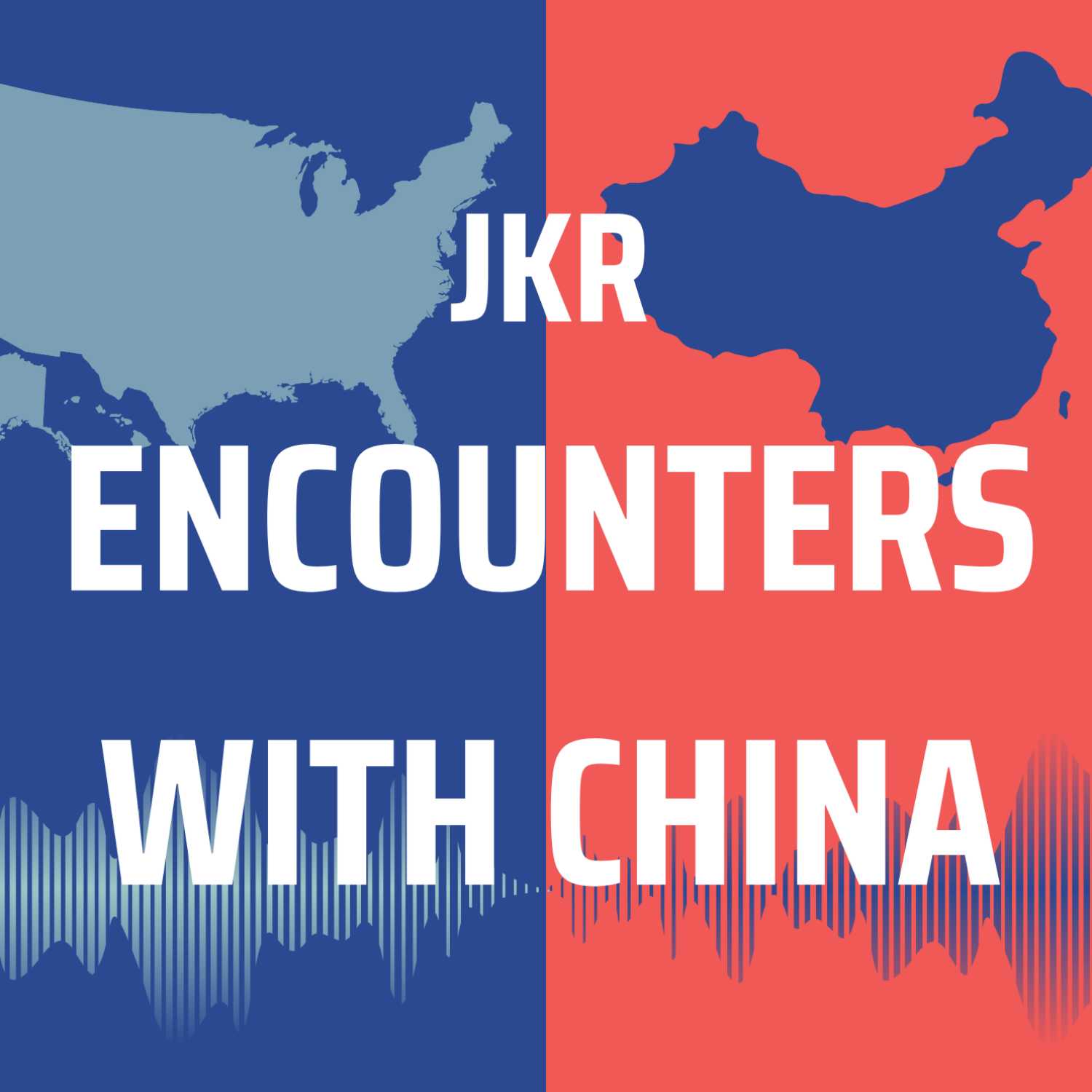No Longer Favored: China's Trade Status in Jeopardy
In this episode, John Kamm discusses China's trade relationship with the United States with Dui Hua directors Jeffery Muir and Harold Furman, focusing on the evolution of China's trade status, previously known as Most Favored Nation (MFN), now referred to as Permanent Normal Trade Relations (PNTR). They made a good team. Jeff had long experience doing business in Hong Kong and China. Hal knew the ins and outs of dealing with Congress and the Executive Branch. Back in 1990, in the wake of the Tiananmen incident in China, the trio worked together to prepare Kamm's testimony to the U.S. Congress arguing against revoking China's MFN status. Since 1990, improved U.S.-China trade relations have provided the foundation for Dui Hua's work of compiling and submitting prisoner lists, but China's changed domestic political landscape has since degraded access resulting in less leverage on human rights issues. Tune in to learn about their first-hand experience and how changes over the past 25 years have affected the conversation. Related articles for this podcast:China's trade status and PNTR in our July/August Digest newsletterAbout Dui HuaJKR: My First Testimony to Congress

